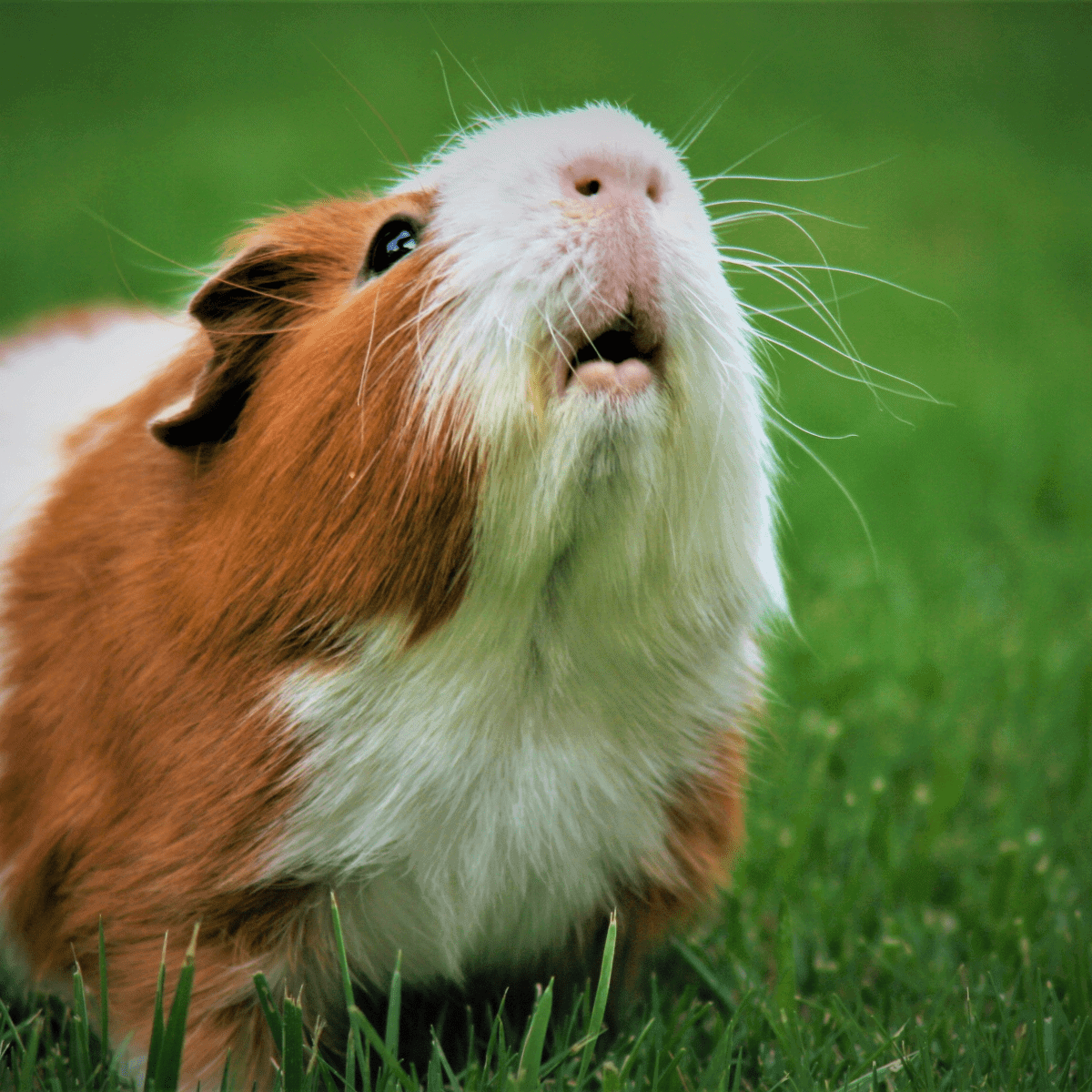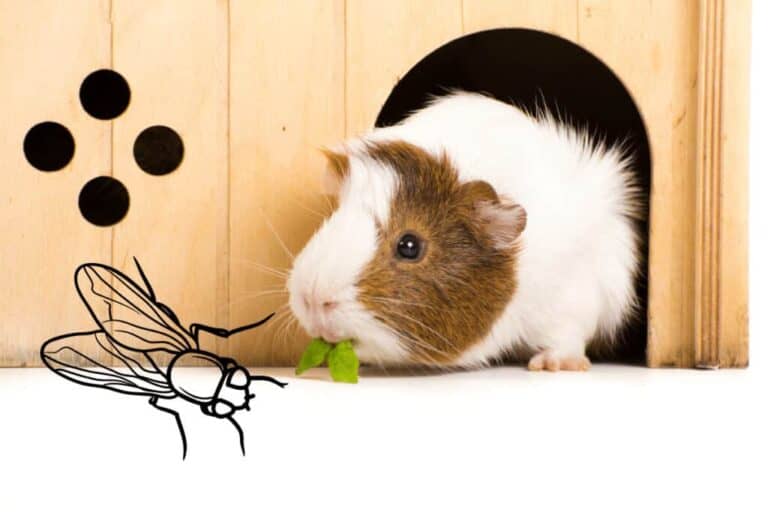The Risks of Using Ferret Shampoo on Your Guinea Pig
Guinea pigs are furry, loveable creatures that make great pets. However, they do require routine care such as grooming and bathing. Finding the right shampoo for your guinea pig is important to keep them clean and healthy. While it may be tempting to use ferret shampoo on your guinea pig, it’s best to avoid doing so. Ferret shampoo is formulated differently than shampoo for small pets and can be harmful to your guinea pig. Let’s take a closer look at why you should avoid using ferret shampoo on your guinea pig, what shampoo you should use, how to safely bathe your guinea pig, how to keep them clean without bathing, and the importance of taking care of your furry friend’s hygiene.
Why You Should Avoid Using Ferret Shampoo on Your Guinea Pig
What’s the Difference Between Ferret Shampoo and Shampoo for Small Pets?
Ferret shampoo is formulated for ferrets, which have different needs and skin sensitivity than guinea pigs. Shampoo for small pets, on the other hand, is formulated specifically for small animals such as guinea pigs, with ingredients that cater to their sensitive skin and coat. Ferret shampoo contains harsh chemicals that can be harmful to guinea pigs and irritate their skin.
Can You Use Ferret Shampoo on a Guinea Pig?
It’s not recommended to use ferret shampoo on your guinea pig. Ferret shampoo can cause irritation, dryness, and itching. Guinea pigs have sensitive skin and require products that are safe to use. Ferret shampoo isn’t designed for use on your guinea pig, and it can be dangerous to use it directly on them.
What Are the Risks of Using Ferret Shampoo on a Guinea Pig?
The risks of using ferret shampoo on your guinea pig include skin irritation, dry skin, and even causing injury to your pet. Guinea pigs have sensitive skin, and using harsh chemicals can damage their skin barrier. Over time, it can lead to infestations, infections, and other health problems.
What Shampoo Should You Use on Your Guinea Pig?
How Often Should a Guinea Pig Be Bathed?
Generally, guinea pigs don’t need to be bathed often as they groom themselves. A bath should only be given when necessary, which is typically every two to three months. Bathing them too often can cause their skin to dry out.
Can You Use Dawn Dish Soap on a Guinea Pig?
No, it’s not recommended to use dish soap on your guinea pig. It’s because the pH level of dish soap is different from that of guinea pig shampoo. Dish soap can dry out their skin and make it more prone to irritation and infections.
What Should You Look for in a Guinea Pig Shampoo?
Guinea pig shampoo should be formulated to be safe and gentle for your pet’s sensitive skin. It should be free of harsh chemicals, fragrances, and dyes that can irritate your pet’s skin. Look for shampoos that contain natural oils to soothe and moisturize your guinea pig’s coat. An unscented baby shampoo or shampoo formulated for small pets would be ideal for your furry friend.
How to Safely Bathe Your Guinea Pig
What Supplies Do You Need to Bathe a Guinea Pig?
Bathing your guinea pig requires a few things. You’ll need a small plastic tub or sink, a cup for rinsing, a towel, and shampoo that’s safe for your guinea pig. You could also use a gentle dry shampoo or waterless shampoo if your guinea pig is not comfortable with water.
How Do You Bathe a Guinea Pig?
Fill the sink or tub with two inches of water, making sure the water is lukewarm or warm. Place your guinea pig in the water and use a cup or spray bottle to wet their fur, avoiding their face or ears. Spread a small amount of shampoo over your pet, being careful to avoid their eyes, nose, and mouth. Massage the shampoo into their fur and then rinse it off with lukewarm water. Be sure to rinse thoroughly, as leftover shampoo can irritate their skin.
How Do You Properly Rinse a Guinea Pig?
After rinsing, use a towel to gently pat your guinea pig dry. It’s important to avoid rubbing them too hard, as it can damage their skin. Wrap them in a towel to keep them warm and dry.
How to Keep Your Guinea Pig Clean Without Bathing
How Can You Groom Your Guinea Pig?
Grooming your guinea pig is important to keep them clean and happy. You can use a soft-bristled brush to remove loose hair and dirt from their coat. You can also use grooming wipes to clean their fur and claws. Provide them with clean bedding and a clean living space to prevent dirt and bacteria buildup.
What Should You Do If Your Guinea Pig Has Skin Issues?
If your guinea pig has dry or itchy skin, take them to a veterinarian for treatment. A vet may recommend using a specialized shampoo or cream to soothe their skin. They might also recommend adding natural oils or supplements to your guinea pig’s diet.
Why Are Natural Oils Important for a Guinea Pig’s Skin?
Natural oils, such as tea tree oil and lavender oil, can be beneficial for your guinea pig’s skin. These oils can soothe and moisturize their skin, and can protect it from harmful bacteria and irritation. Natural oils are particularly beneficial for guinea pigs with sensitive skin.
The Bottom Line: Don’t Use Ferret Shampoo on Your Guinea Pig
What Are the Alternatives to Ferret Shampoo?
When looking for a shampoo for your guinea pig, consider products that are safe and effective for small animals. Choose shampoos that are gentle, formulated for guinea pigs, and free of harsh chemicals. Use an unscented baby shampoo, shampoo specifically formulated for small pets, or a dry shampoo that’s safe for your guinea pig.
Why Is It Important to Take Care of Your Guinea Pig’s Hygiene?
Taking care of your guinea pig’s hygiene is important for their health and happiness. Good hygiene practices can prevent infections, infestations, and other health problems. Grooming your pet regularly can help you bond with them and ensure that they look and feel their best.
How Can You Ensure the Safety and Health of Your Guinea Pig?
There are several things you can do to ensure the safety and health of your guinea pig. Choose safe and gentle products for your furry friend, such as unscented baby shampoo, shampoo for small pets, or a waterless shampoo. Keep their living space clean and provide them with plenty of fresh water and a balanced diet. Regularly monitor your guinea pig’s health and take them to a vet if you notice any signs of illness or unusual behavior.




